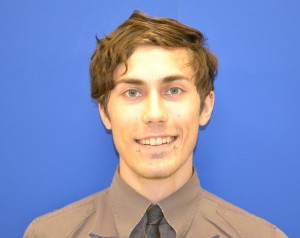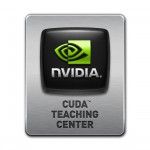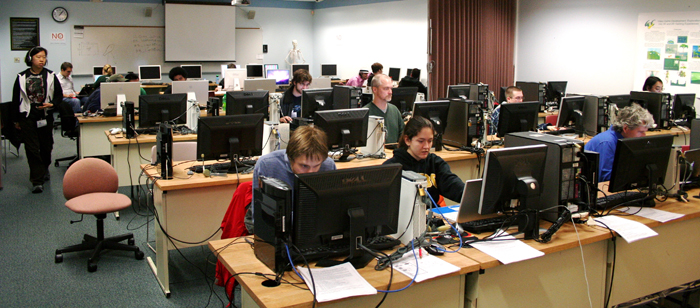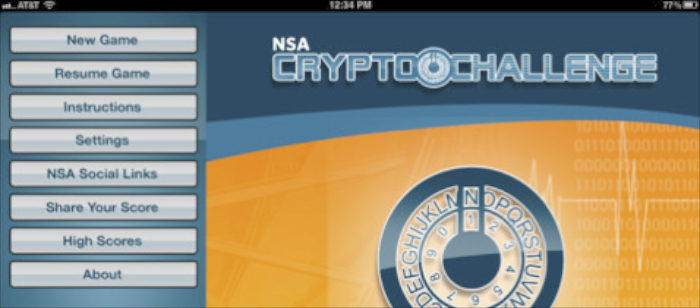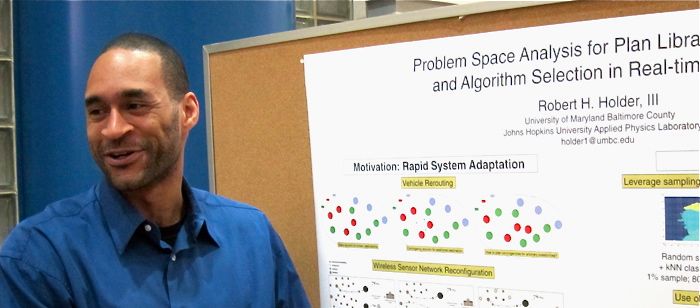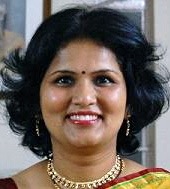 “I think it’s more than a jargon,” says Karuna Joshi of Cloud Computing, a topic she will discuss this Friday during a Computer Science and Electrical Engineering Department Colloquium, “It’s an actual paradigm shift.” Ms. Joshi, a Ph.D. candidate in Computer Science at UMBC, has been pursing research on Cloud Computing for the past three years and was recently awarded a prestigious IBM Ph.D. Fellowship (2011-2012) to help fund her efforts. Ms.Joshi explains that with the widespread implementation of Cloud Computing, Computing has the potential to become a utility—such as power or water—that would be widely available over a wireless network.
“I think it’s more than a jargon,” says Karuna Joshi of Cloud Computing, a topic she will discuss this Friday during a Computer Science and Electrical Engineering Department Colloquium, “It’s an actual paradigm shift.” Ms. Joshi, a Ph.D. candidate in Computer Science at UMBC, has been pursing research on Cloud Computing for the past three years and was recently awarded a prestigious IBM Ph.D. Fellowship (2011-2012) to help fund her efforts. Ms.Joshi explains that with the widespread implementation of Cloud Computing, Computing has the potential to become a utility—such as power or water—that would be widely available over a wireless network.
Though the cloud has the potential to save money and increase efficiency within organizations that choose to implement the new technology, there are still serious concerns about security, she says. What’s revolutionary about the cloud, for example, is that is removes the need to contain software and information on a particular device. Instead, information and services are wirelessly available to a network of users. The risk is that without proper security enforcement, sensitive information could potentially be accessed by hackers.
Nevertheless, Cloud Computing is steadily gaining credence among popular companies, says Joshi. Amazon, Microsoft and Google, for example, have all developed clouds. “I believe it will be strongly adopted by the industry,” says Ms. Joshi, “It’s the fastest growing field in the computing area.” Even federal agencies have been mandated to move to a cloud system under the Federal Cloud Computing Initiative, as a way to reduce cost by consolidating necessary information and services into a central, easy to manage location.
Ms. Joshi explains that the novelty of the field makes her work exciting. The research allows her to explore issues that have not been addressed, such as the future of negotiation for acquiring services in the cloud. Through her research, Ms. Joshi has developed an ontology for the life cycle of the cloud that is composed of five phases: requirements, discovery, negotiation, composition and consumption. In addition, she is collaborating with the National Institute of Standards and Technology ( NIST) on a web-based prototype system.
Ms. Joshi envisions a future where powerful portable computing devices, like iPads, tablets and smartphones, will replace traditional computers. This future is only possible, explains Joshi, if the widespread implementation of Cloud Computing and the transformation of computing into a service becomes a reality.
Ms. Karuna Joshi will speak about her research this Friday, October 7th at 1 p.m. in ITE 227.

